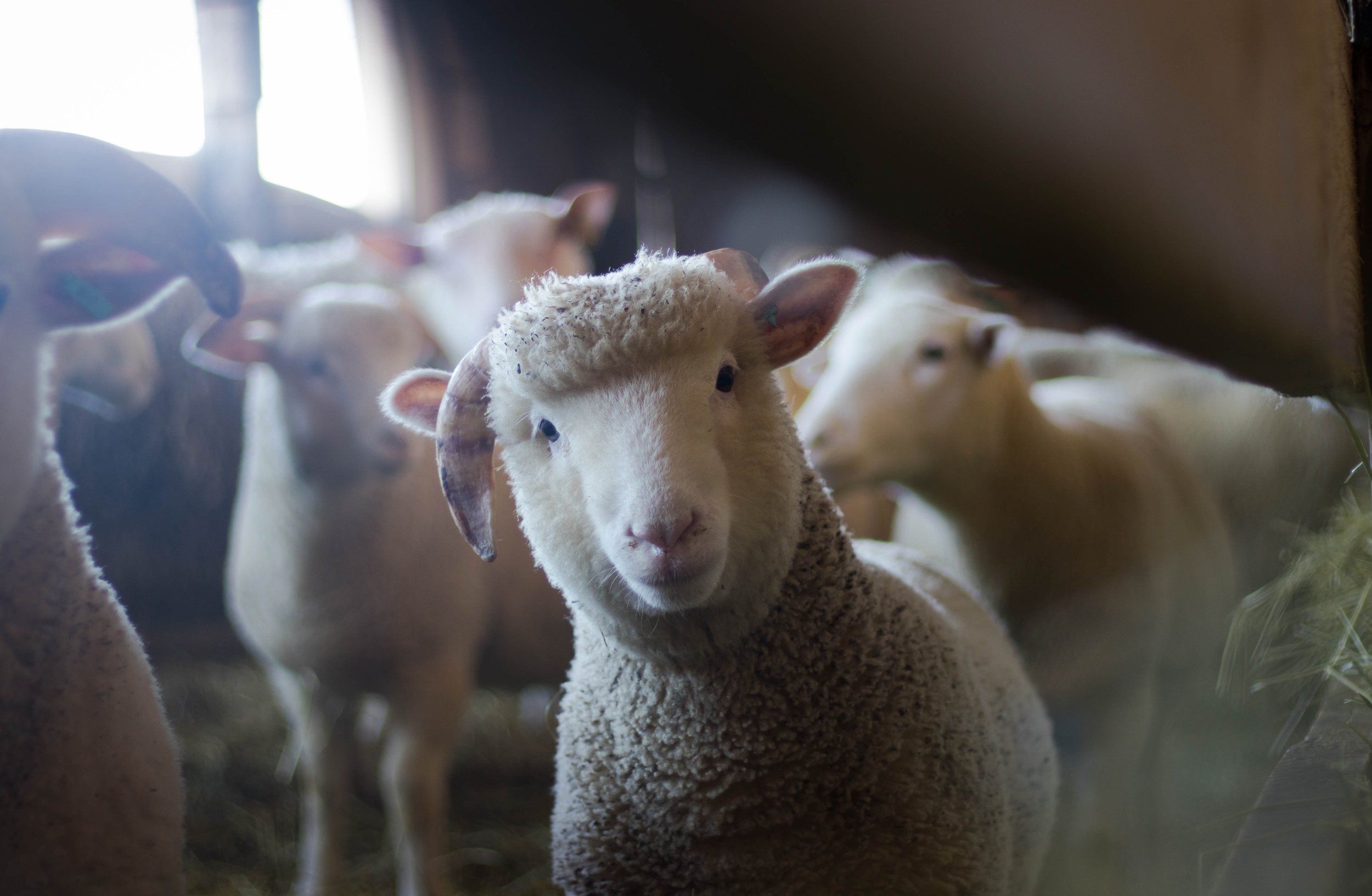By: Liesl Stewart
“The earth is the Lord’s, and everything in it; the world, and all who live in it.” (Psalm 24:1)
Our family says these words together every night before dinner. Sometimes the words are a boisterous declaration; sometimes they are spoken with quiet reverence; often we say them super-fast so we can begin eating already! The words of this verse remind us that the world belongs to God, including every living creature, human and non-human. They declare that it is God alone who sustains us. And so, we thank God for food that nourishes us.
Equally, these words remind us to ask if God’s world has been treated with care to bring our dinner to the table. But how much do we truly know about our food?
More than a decade ago I began asking simple questions about my family’s food. When sitting to eat, I began asking myself:
How was the earth treated to make this food?
How were the people who labored to make or supply this food treated and paid?
How were farmed animals treated in their living and their dying?
Who profited the most as the food moved from the farm to my table?
How were the communities where this food was produced affected by the farming and production operations?
Acknowledging that I have the privilege of making choices about the food that I buy, did I make the best choices to honor God’s Creation with the knowledge and resources I had when I bought this food?
Who is able to access healthy and ethically-produced food, and who is excluded? Why are they excluded?
These questions led to many more questions. But the very act of bending into these questions, holding them before God and seeking information, is what I began to understand as a theology of the table—a theology that I will be forming for the rest of my days. As I’ve tried to align myself with God’s heart, my values have deepened for what I will and won’t eat.
We, however, live in a suffering world that longs for reconciled relationships. We see this clearly in our broken food system where food is viewed foremost as a commodity and not as provision from God’s own Creation. The environment, the soil, the people, and the animals are groaning under the oppressive demands of such a system.
The current intensified approach to food production has had dire consequences for farmed animals. They aren’t regarded as living creatures belonging to the God who creates and sustains all life. Instead, they suffer terrible lives and frightening deaths in factory farms—which increasingly are more accurately described as “factory” than “farm.”
For the people paid to work within this industry—whether on the farms, transporting animals, or slaughtering them on production lines—the consequences are also grim. They suffer from the evils they witness or even must perform as part of their jobs, often working for very low pay under pressured and harsh conditions.
Recently, I drove behind a truck taking sheep and cows to the slaughterhouse. I don’t know how they lived, but these animals were suffering in their deaths—a cruel process of being transported in a packed truck to then stand awaiting their turn to be killed, which is sometimes a wait of days. I wondered about the terrible emotional effects on the truck driver and the workers receiving the distressed animals at the slaughterhouse.
Do we know what kind of animal farming we’re supporting with our money? Many people mindfully choose to become vegans or plant-based eaters. If we’re going to eat farmed animal products, however, let us take care to buy from farms where humans and animals are able to flourish. Yes, the animal products are likely to be more expensive than those produced by intensive farming. As they should be! This is a call to eat less animal products and eat them only when we’re certain they’ve been farmed with care regarding how the animals have lived and died and how the people involved have been treated.
Whether consciously or not, we all have a theology of the table that reflects our understanding of Creation. I invite you to respectfully consider your own communion over the table. What questions would you raise about the food you’re eating, maybe aspects that haven’t been raised above?
When we sit down to eat, may the food on our tables proclaim the very good-ness of Creation as we thank God for sustaining us. May it reflect our Creator’s love and delight for all creature-kind.
Let’s be mindful as we affirm: The world and all who live in it belong to God.

